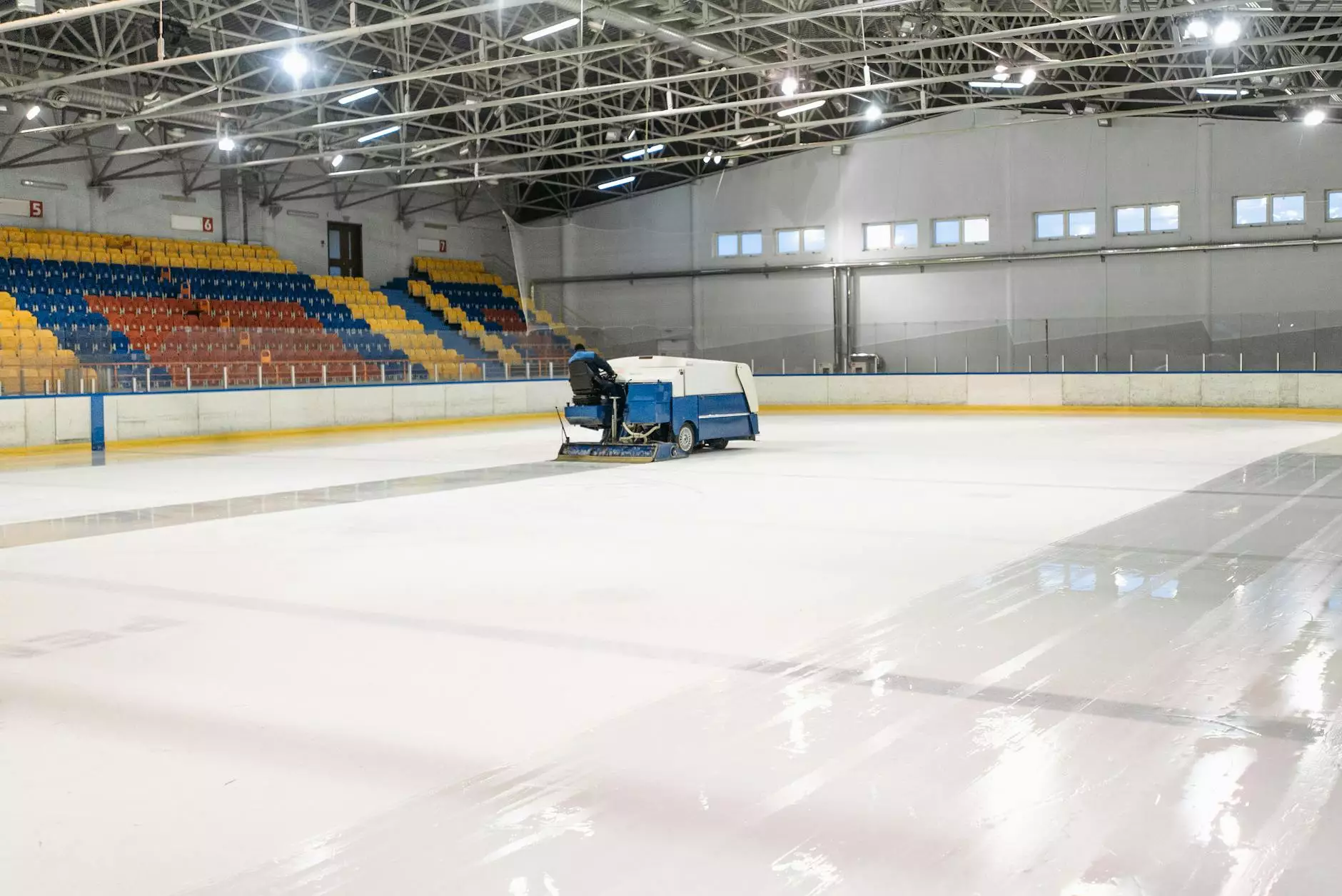Understanding the Importance of Commercial Pool Resurfacing

Commercial pool resurfacing is an essential aspect of maintaining any business that features swimming pools. Whether you operate a hotel, a fitness center, or a community recreational facility, ensuring that your pool is visually appealing and safe for use is crucial. In this guide, we will delve into why resurfacing is important, the best materials and methods for resurfacing, and why choosing a professional service like poolrenovation.com can make all the difference.
Why Resurfacing is Crucial for Commercial Pools
Over time, pools endure significant wear and tear. Chemicals, weather conditions, and heavy foot traffic can lead to deterioration. Here are some reasons why commercial pool resurfacing is vital:
- Enhanced Safety: A damaged pool surface can pose safety hazards, including slips and falls. Resurfacing fixes these issues.
- Improved Aesthetics: A well-maintained pool attracts more guests. Resurfacing can restore the beauty of your pool.
- Increased Durability: High-quality resurfacing materials can extend the life of your pool.
- Cost Efficiency: Regular resurfacing prevents expensive repairs down the line.
Identifying the Right Time for Resurfacing
Knowing when to resurface your commercial pool can save you money and effort. Here are some signs that indicate it’s time to resurface:
Visible Damage
Look for cracks, chips, or peeling finishes. If your pool has visible damage, it is time to consider resurfacing.
Stains and discoloration
If your pool’s surface is stained and discolored, it can impact the swimming experience. Resurfacing can restore its look.
Rough Surfaces
A rough surface can cause discomfort to swimmers and lead to injuries. A smooth, resurfaced pool is crucial for safety.
Choosing the Right Resurfacing Material
When it comes to resurfacing, the material you choose can significantly impact the pool's functionality and appearance. Here are some popular options:
Plaster
Plaster is a traditional and widely used material for pool resurfacing. It is smooth and can last 10-15 years with proper maintenance. Available in various colors, it can enhance the pool's appearance. However, it requires routine maintenance to avoid staining and damage.
Concrete
Concrete is a durable option that can withstand the elements. It’s ideal for larger commercial pools that experience heavy use. However, it may require a more extensive installation process and higher initial costs.
Fiberglass
Fiberglass is known for its low maintenance needs and smooth finish, making it a favorite for many commercial properties. It can last up to 30 years, providing longevity and a sleek look.
Tile
Tile may be more expensive initially, but its beauty and durability can make it a worthwhile investment for high-end facilities. It's easy to clean and repair, offering a customizable aesthetic.
Professional Resurfacing Services at Pool Renovation
When it comes to commercial pool resurfacing, hiring professionals ensures that the job is done right. The team at poolrenovation.com specializes in providing high-quality resurfacing services tailored to your needs. Here’s what sets them apart:
Expertise and Experience
With years of experience under their belts, the professionals at Pool Renovation know exactly what it takes to restore your pool effectively. They have in-depth knowledge of various resurfacing materials and techniques.
Quality Materials
Pool Renovation uses only the highest quality materials for resurfacing. This ensures that your pool will not only look great but will also stand the test of time.
Comprehensive Services
In addition to resurfacing, Pool Renovation offers a range of services including:
- Water heater installation and repair
- Routine maintenance and cleaning
- Renovation of pool decks and patios
- Tile and coping repairs
Steps Involved in the Resurfacing Process
The resurfacing process can be intricate, and it’s important to understand each step:
Assessment
The process begins with a thorough assessment of the pool's current condition. This allows professionals to determine the necessary steps for resurfacing.
Preparation
Prepping the surface is crucial. This involves draining the pool, cleaning the surface, and repairing any damage before applying the new material.
Applying the New Surface
Once the pool is prepped, the new surface material is applied. This requires precision and skill to ensure an even finish.
Curing Time
After the new surface is installed, it needs time to cure. This is essential to achieve durability and stability.
Final Touches
Once cured, final touches such as cleaning and water filling can take place. Your pool will be ready for use shortly after!
Maintaining Your Resurfaced Pool
After your pool has been resurfaced, proper maintenance is key to keeping it in top condition. Here are some essential maintenance tips:
- Regular Cleaning: Regularly clean your pool to prevent algae growth and staining.
- Proper Chemical Balance: Keep your pool’s chemical levels balanced to avoid damaging the surface.
- Routine Inspections: Schedule periodic inspections to catch any potential issues early.
- Professional Maintenance: Consider hiring professionals for routine maintenance to keep your pool in pristine condition.
The Bottom Line
Commercial pool resurfacing is not just about aesthetics; it’s also about safety, longevity, and improving the overall experience for your guests. By recognizing the importance of resurfacing and engaging with experts like the team at poolrenovation.com, you ensure that your swimming facilities remain attractive and functional for years to come. Prioritize the longevity and safety of your pool, and reap the benefits of a beautifully resurfaced commercial pool.
Don't wait for problems to arise! Contact Pool Renovation today for an assessment of your swimming pool and to discuss your resurfacing options.









